Duties and Responsibilities of Private Security Guards in Nigeria
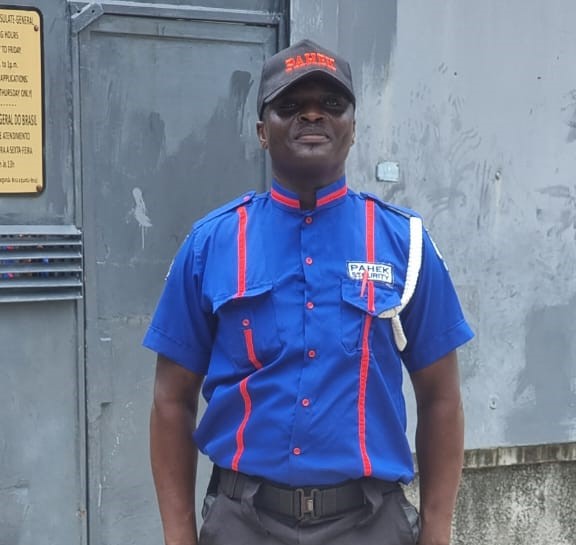
Private security guards are everywhere you go in Nigeria. From the urban centres to the rural areas, you encounter them in your everyday activities. You may even have a private security guard deployed at your home or office.
People and businesses use the services of private security personnel for various reasons. For many, it’s to watch over their assets. While for some, they just need human presence in their facilities. Others hire them for security duties but make them do domestic chores like washing cars, gardening and going on personal errands. The list is endless.
So … you’re probably wondering, what exactly are the roles and responsibilities of a private security guard? What is a private security officer trained to do? Am I deploying them the right way?
In this article, you’ll find out who a private security guard really is, different places you can deploy private security guards and the roles and responsibilities private security guards are trained to carry out.
So, let’s dive right in.
Who is a private security officer in Nigeria?
A private security guard or personnel in Nigeria is a male or female usually employed by a company licensed by the Nigerian Security and Civil Defence Corps (NSCDC) to provide security guard services in Nigeria. These companies are called Private Security Companies. The private security companies recruit, train, kit and deploy the guards to their client facilities to protect their property and assets.
Private security guards wear branded uniforms provided by the employing private security company. These uniforms vary from company to company. It is used to identify the company the guard is working for as well as to differentiate one private security company from another. The next time you’re out, try taking note of the difference in the uniforms of security guards you meet.
While the private security companies require a license to operate, a private security officer doesn’t require a license to be employed by these companies. All that’s needed is the willingness or desire to work. In Nigeria, private security guards are not allowed to carry firearms.
Private security guards typically are between the ages of 18 years to 60 years for men, depending on the role they are deployed to perform. While female security officers are usually don’t exceed 40 to 45 years.
They are paid a monthly salary and can work in any part of Nigeria.
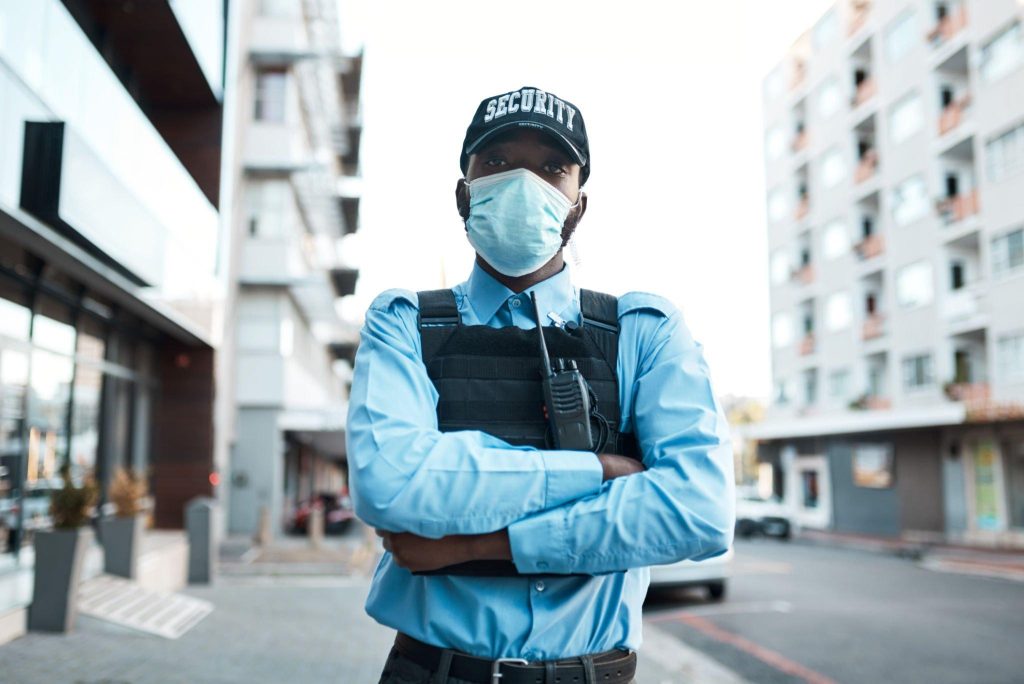
Places where private security guards are deployed
You can find private security guards in business offices, commercial buildings, malls, homes, estates, airports, construction sites, hotels, schools, fuel stations, sea ports, markets, hospitals and recreation centres. In fact, you’ll find private security guards almost anywhere there are assets and property that requires protection.
Depending on the degree of involvement of technology in your security program, private security guards are posted to different areas in a facility or site to perform different duties. Private security guards typically work at gates, carparks, receptions, loading bays, CCTV rooms and entrances.
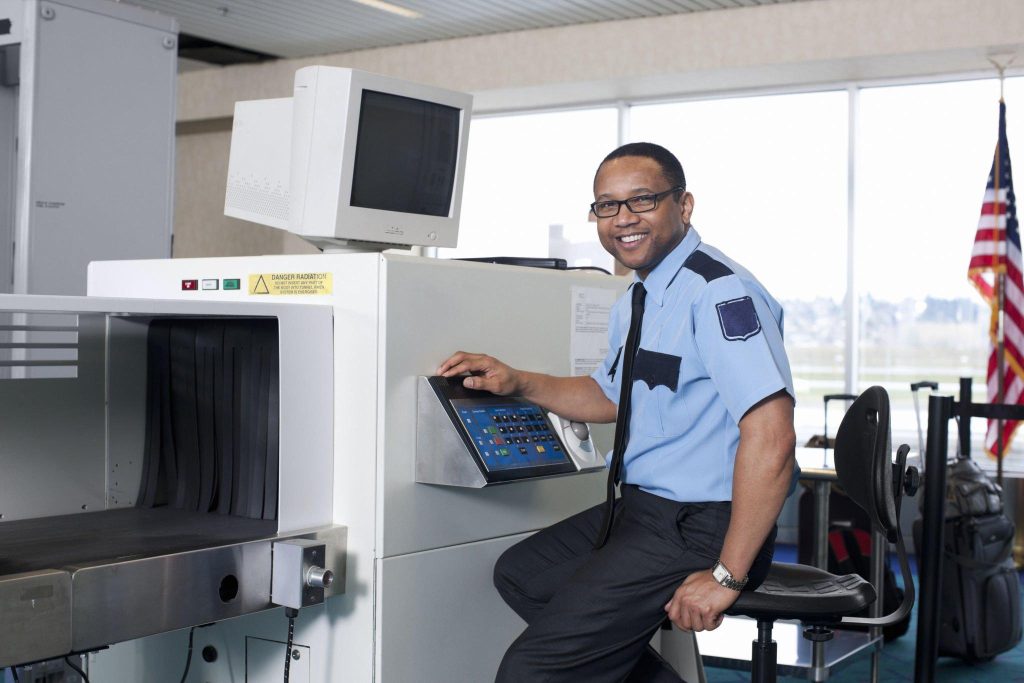
Duties and responsibilities of private security guards
While the primary role of a private security guard is to protect assets (people, property, information, reputation) and maintain a safe and secure environment, they’re trained to do these in several ways.
Here’s a list of the many roles and responsibilities of private security guards in Nigeria.
1. Implement security policies and procedures
This is the foundation of everything private security guards do. Every site or facility where a private security officer works should have a security policy (though many don’t have). Sometimes the policy is written, sometimes it isn’t. But it’s best practice for security policies to be written and communicated. It’s more or less like the do’s and don’ts that govern security.
The security policy is broken down at the level of the private security guards as post orders. The post orders are sets of instructions or procedures that guide private security guards on what to do when faced with different situations at their duty posts. A private security guard ensures everyone complies with the security policy.
An example of a security policy in a factory is “no phones allowed in the factory.” A private security guard at the entrance of the factory may implement this policy by searching staff before granting them access into the factory or by any other means as prescribed by the post order for that particular duty post.
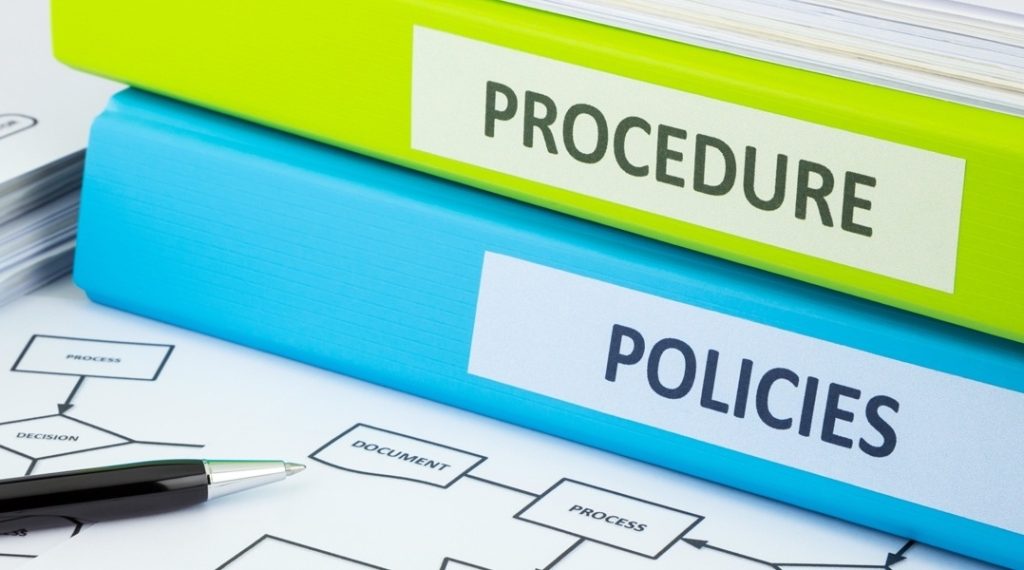
2. Maintain visibility
A uniformed private security guard deters criminals and adversaries. A criminal thinking of simply walking into a facility to commit crime will think twice at the sight of a private security guard (especially one that is neatly dressed and at alert). It gives the facility an appearance of a hard target. The criminal may have a change mind and look for a softer target.
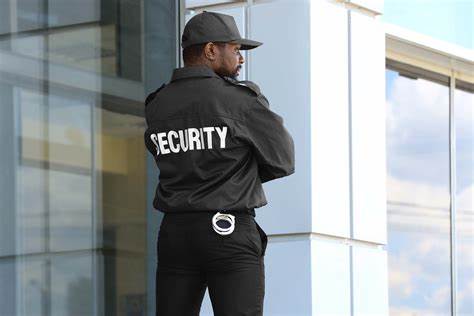
3. Control access
This is a critical role of private security guards. Based on the facility’s security policy, they detect unauthorized persons, vehicles and items, and keep them out of the facility. They allow only authorized persons, vehicles and items in and out of the facility. Private security guards also prevent unauthorized people, vehicles and materials from going out of the facility.

4. Conduct Patrols, Observe and Report
Patrols are a critical element of a private security officer’s duties. The essence of patrols is to identify situations that are out of the norm, situations that are suspicious in nature. For a private security guard to be able to identify situations that are just not right, the guard has to be very observant. S/he has to be vigilant and know the patrol area and surrounding environment including shortcuts and unexpected routes.
When suspicious activities or situations are observed, they must be reported to the appropriate personnel or authorities. This may be the client, the security company or even the police, depending on the criticality of the situation. These observations are usually documented.
Patrols can be on foot or with the use of cars, bicycles, golf carts, trucks or motor bikes.
During patrols, private security guards typically look out for:
- Unsecured doors, windows and other openings
- Office lights, air conditioners and other equipment left on when they’re supposed to be put off.
- Equipment operating at the wrong time
- Violations of client or company security and safety policies
- Disorderly behaviour or unusual activity like someone under the influence of alcohol
- Trespassers, suspicious persons, vehicles and packages within and around the facility.
- Hazardous or unsafe conditions like gas leaks, non-functioning security lights or other equipment and fire hazards.

5. Monitor CCTVs
Private security guards are deployed to CCTV rooms and control centres to monitor activities under the camera coverage. They monitor and detect activities before they become incidents. And in the event of an incident, they help with the investigation to uncover how the incident may have happened by reviewing the camera footages.
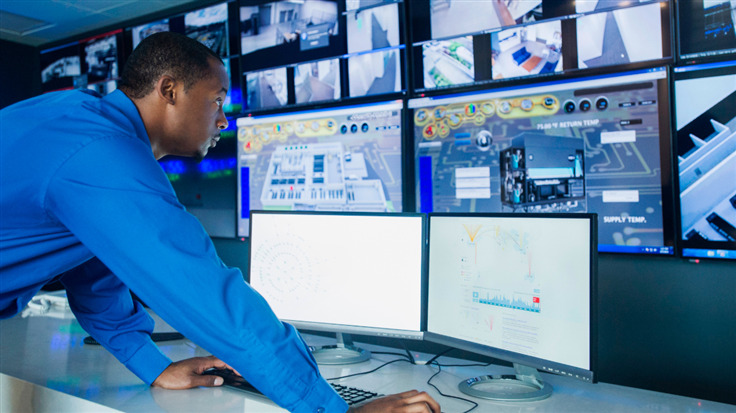
6. Respond to Emergencies
Private security officers are trained on how to respond to basic fire, health and safety emergencies. They are armed with emergency numbers of the fire service and the police. And if it’s an emergency they can’t readily respond to, it’s immediately escalated and reported to the client and / or their employer – the private security company. They often get guidance on what to do once it’s reported.
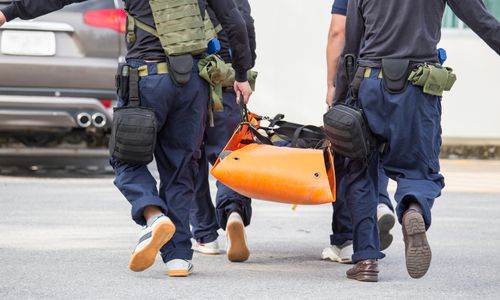
7. Customer service
Today, private security guards (though employed by private security companies and deployed to client facilities) have become an essential part of the brand experience wherever they’re posted to. Whether its employees, suppliers, visitors, regulatory agents or business partners, they interact with everyone that comes in and out of the facility.
They’re usually the first persons your visitors interact with. And if these interactions are not courteous, it can impact negatively on your reputation. You don’t want your first impression to be a bad one.
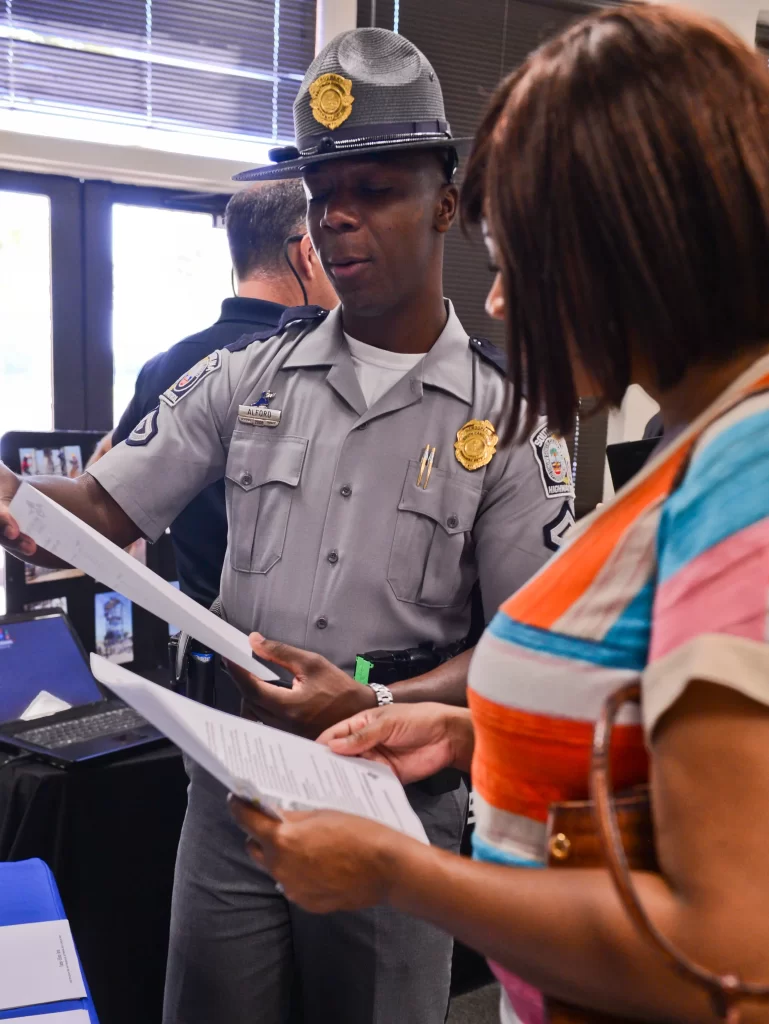
8. Record keeping
Keeping records is a crucial element of the duties of a private security guard. They keep records of people, materials and vehicles as they come into and leave a facility. In some cases, they’re part of record keeping of inventory and supplies. If this task isn’t carried out properly, it can mean the difference between profit and loss for a business.

9. Report writing
Report writing is like the bread and butter of the duties and responsibilities of private security officers. They write reports daily, week and monthly on security-related activities and incidents. Some of the reports they write include daily activity reports and incident reports.
These reports keep the clients and security companies in the know of what’s happening at the site or facility. They refer to these reports to make decisions that help improve the overall security program. So, if your security guard isn’t writing reports, then you’re missing out on vital information that can help your decision-making with regards to securing your business, property and assets.
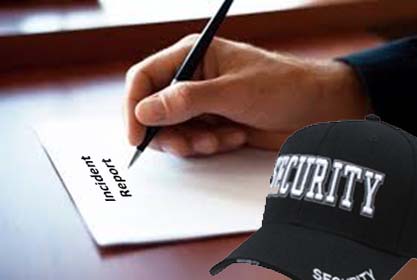
10. Control traffic
Private security personnel are deployed at car parks usually to watch over vehicles and control traffic. This is common in high traffic areas especially during events. They prevent accidents by directing vehicles to park according to the parking lot design. They also ensure there’re no break-ins and the vehicles aren’t vandalized.

Now, you know the duties and responsibilities of a private Security Guard
Now you know who a private security guard is, what they’re trained to do and the different places and industries they can be deployed to. So, you can now evaluate if you need one with the understanding of what they’re trained to do and how they can be of value to you.
And when you need the services of private security guards, be sure to identify a licensed and reliable private security company that trains its security personnel on the duties and responsibilities highlighted in this article.
If you think there’re other duties and responsibilities that have not been highlighted here, please state in the comment section.
